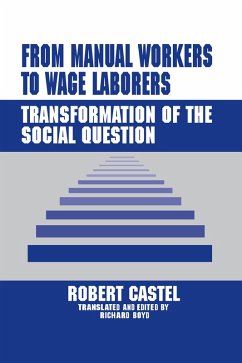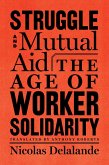This work is a systematic defense of the meaningfulness of the category of "the social," written in the tradition of Foucault, Durkheim, and Marx. Castel imaginatively builds on Durkheim's insight into the essentially social basis of work and welfare. Castel populates his sociological framework with vivid characterizations of the transient lives of the "disaffiliated": those colorful itinerants whose very existence proved such a threat to the social fabric of early-modern Europe. Not surprisingly, he discovers that the cruel and punitive measures often directed against these marginal figures are deeply implicated in the techniques and institutions of power and social control.
The author also treats the flipside of the problem of social assistance: namely, matters of work and wage-labor. Castel brilliantly reveals how the seemingly objective line of demarcation between able-bodied beggars-those who are capable of work but who chose not to do so-and those who are truly disabled becomes stretched in modernity to make room for the category of the "working poor." It is the novel crisis posed by those masses of population who are unable to maintain themselves by their labor alone that most deeply challenges modern societies and forges recognizably modern policies of social assistance.
The author's gloss on the social question also offers us valuable perspectives on contempo
Dieser Download kann aus rechtlichen Gründen nur mit Rechnungsadresse in A, B, BG, CY, CZ, D, DK, EW, E, FIN, F, GR, HR, H, IRL, I, LT, L, LR, M, NL, PL, P, R, S, SLO, SK ausgeliefert werden.









